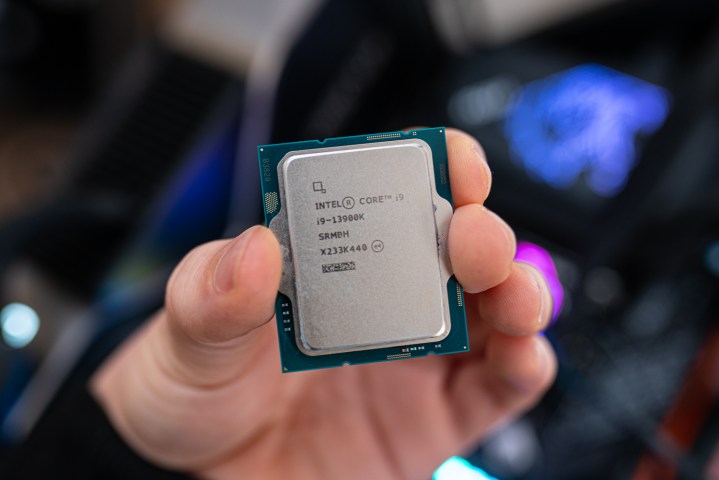When it comes to building a new PC, one of the biggest decisions to make is whether to go with AMD or Intel for your processor. This is a debate that has been ongoing for years and has only intensified with the latest offerings from both companies. AMD’s Ryzen 7000 CPUs and Intel’s 14th-generation Meteor Lake and Raptor Lake Refresh processors are neck-and-neck in terms of performance, making the competition even more heated.
Both AMD and Intel have a long history of delivering fast, capable, and feature-rich processors for gamers, casual web browsers, and professionals. While Intel maintained a strong hold on flagship performance for many years, AMD turned the tables with the launch of its Ryzen processors in 2017. Since then, the competition between the two companies has only increased.
In terms of the latest mainstream CPUs, both AMD and Intel have impressive offerings. AMD’s Ryzen 7000 and Intel’s 14th-generation Raptor Lake processors offer up to 24 cores, clock speeds of up to 6GHz, and more cache than previous generations. While the latest offerings are not dramatically faster than the previous generation, they still offer the greatest CPU performance we’ve seen in mainstream components.
When comparing the latest mainstream CPUs from AMD and Intel, it’s clear that both companies have a wide range of processors to consider. AMD’s Ryzen 7000 series includes the Ryzen 9 7950X, Ryzen 9 7900X, Ryzen 7 7700X, and Ryzen 5 7600X, each offering various core/thread counts, cache sizes, base and boost clock speeds, and price points. Similarly, Intel’s 14th-generation processors, including the Core i9-14900K, Core i7-14700K, and Core i5-14600K, offer different core/thread configurations, cache sizes, clock speeds, and prices.
In terms of which company makes the fastest processors, it’s a close competition between AMD and Intel. Both companies offer excellent processors for gaming and productivity tasks, with Intel’s Core i9-14900K and AMD’s flagship CPUs trading blows in demanding games and workplace applications.
When it comes to gaming, AMD’s 3D V-Cache processors are arguably the best of the bunch, offering a big boost in gaming power. However, Intel’s midrange options, such as the Core i5-13600K and 14600K, offer amazing gaming and productivity performance at a lower price point.
For users focused on heavy video editing, intensive video transcoding, or CAD work, AMD’s Threadripper Pro range of Ryzen 7000 CPUs is the best option. These CPUs offer up to 96 cores and unparalleled performance for demanding tasks.
In terms of laptop processors, both Intel and AMD offer credible performance, with AMD’s Ryzen 6000 and 7000 mobile CPUs competing closely with Intel’s latest offerings. AMD’s CPUs tend to be more efficient and offer better battery life, making them a great option for users seeking a balance between performance and power efficiency.
In conclusion, the decision to buy AMD or Intel ultimately depends on the specific needs and preferences of the user. Both companies offer impressive processor options across various price points and performance levels. In the end, it’s important to consider individual model reviews and weigh the pros and cons of each company’s offerings before making a decision.
Opinion:
In my opinion, the competition between AMD and Intel is beneficial for consumers as it leads to continuous innovation and improvement in processor technology. Both companies are pushing the boundaries of what is possible, resulting in high-performance processors that cater to a wide range of user needs. Ultimately, the choice between AMD and Intel depends on individual use cases and the specific requirements of the user. It’s exciting to see what the future holds for both companies as they continue to develop new technologies and advancements in CPU performance.


